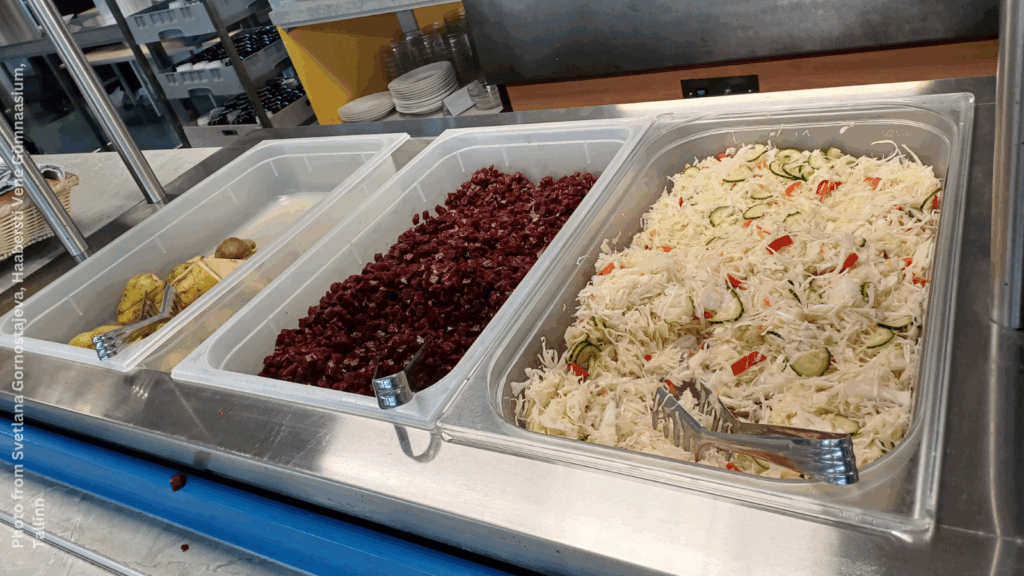The reach and quality of school meals and structured school meal programmes can truly help protect children from low income families from food insecurity, support their development, reduce diet and weight-related health risks in later life, and foster environmentally friendly dietary patterns. These are some of the key conclusions from the report “The current state, benefits, and exemplary models of school
meal programmes in the European Union“, issued by the Research Consortium for School Health and Nutrition, in cooperation with the European Commission.
The report, which aims to contribute to the implementation of the European Child Guarantee, seeks to summarise the main benefits of school meals and to highlight good practices, focusing on the school year 2022/2023, when EU countries invested a total of 12 billion euro in school meal programmes, reaching around 25 million children. As a result of these investments, in Sweden, for example, school students are now consuming school meals that are healthier and more in line with the current nutrient recommendations. In Denmark, children reduced their intake of saturated fats and sugar and increased their intake of healthy fruits, vegetables, nuts and seeds as soon as their pre-packed lunches were replaced by school meals.

The health benefits resulting from these improvements are representative for the major potential of school meal programmes. As the report notes:
Well-designed school meal programmes have the potential to yield significant multi-sectoral returns that positively impact various aspects of society, extending beyond simply providing food to students. School meals are the world’s most widely implemented safety net with documented impacts across social protection, education, health and nutrition, agriculture, economic growth, and environmental sustainability.
In the EU, households spend an average of around 14% of their expenditure on food, which means that even minor policy changes (such as austerity measures) and economic/social crises can have a huge impact on the food security of vulnerable families. As a result, governments in the EU are increasingly looking at school meal programmes as key health and welfare interventions, reducing social inequalities. A great example comes from Croatia where during the COVID-19 pandemic the programme “Every Child’s Right to a School Meal” was implemented to ensure that children would not be missing meals because of financial constraints. The initiative has led to a reduction in child poverty and an altogether healthier and more inclusive environment for Croatia’s youth.
Finally, the report also highlights the environmental impact of school meal programmes, noting that they help reduce food waste and greenhouse gas emissions. The report mentions SchoolFood4Change as an especially effective project in this context:
Its multi-level strategy that includes developing sustainable food procurement criteria, incorporating planetary health diets into school meals, training chefs as change agents, and implementing a Whole School Food Approach, can serve as a replicable good practice for EU and beyond.
Read and download the full report here!
